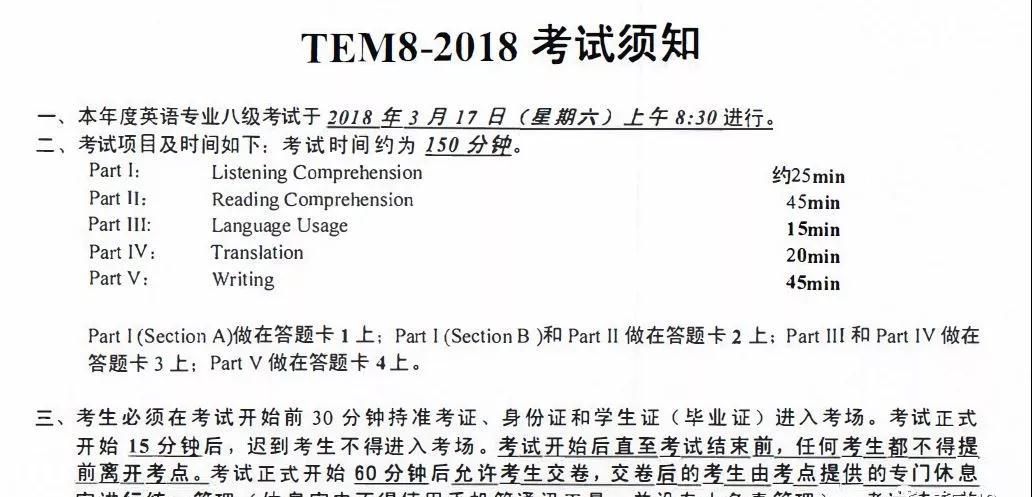Migrants bear brunt of crisis
|
To go home, or not to go home: that is the question for Huang Bingnan. The 31-year-old and his wife lost their jobs in a machinery factory in Dongguan last month. Plants in the city in Guangdong province were running day and night till a few months ago. But shrinking orders from overseas have forced many manufacturers to close shop or cut their staff strength. "It's very difficult to find another job in the city during these difficult times," Huang said yesterday. It is people like Huang that the Ministry of Human Resources and Social Security is for the first time trying to register as unemployed, so that they get the help and benefit to start life afresh. The government till now has followed an urban registered unemployment rate to reflect its job market. The Huang couple face another problem if they decide to stick around in Dongguan to test the waters: they have to pay 500 yuan a month for the 9-sq-m shanty they have called their home for three years. "We have to go home probably. But that would be our last choice," Huang said. Their reluctance to return to their native Anhui province is understandable. They want to earn enough to build a two-story house in their village. But unlike the Huang couple, a lot of laid-off migrant workers have already returned home. And an increasing number of labor disputes have been reported in the past few months. Migrant workers are the worst-affected group by the global economic downturn, Minister of Human Resources and Social Security Yin Weimin told a press conference yesterday. For instance, about 300,000 of the 6.8 million migrant workers from Jiangxi had returned home by mid-November. The situation is similar in Hubei province, where about 300,000 of its 7 million migrants have returned from cities. China's rapid growth has been fuelled, at least in part, by about 230 million farmers-turned-workers. But these very people are being laid off in increasing numbers as the global financial crisis starts hurting the export-oriented small- and medium-sized enterprises (SMEs). The ministry is trying to include migrant workers in its unemployment registration network, making it mandatory for those who lose their jobs after having worked for more than six months in a city to be registered by local labor authorities. The possibility of introducing services such as recommending new jobs and paying unemployment insurance to such workers is also being studied, Yin said. The ministry is also considering providing unemployment-insurance subsidy for industrial units so that workers are not retrenched. It has asked large State-owned enterprises (SOEs) to shoulder their social responsibility and avoid laying off workers if possible. The ministry has asked local labor and social security authorities to monitor struggling enterprises' operations, and ensure that firms don't lay off workers unnecessarily or excessively. The authorities will also have to ensure that workers get easy access to labor dispute arbitration to prevent mass incidents. The ministry said migrant workers who lose their jobs after having worked for a company for six consecutive months must get a one-time subsistence benefit and government-funded vocational training. It is also said arrear salary cases should be handled at the priority level to protect the interest of migrant laborers and maintain social stability. In Hubei province, the influx of 300,000 people from cities has prompted some firms to seek the administration's approval to cut jobs to stabilize the job market. Under an emergency program to deal with rising unemployment, large SOEs in Hubei were required to cut staff salaries this month before thinking of dismissing them. Large SOEs and SMEs need to secure the administration's approval to cut 50 or more people's jobs. About 200,000 workers who returned home from cities were re-employed in their hometowns in Hubei within two months. |








